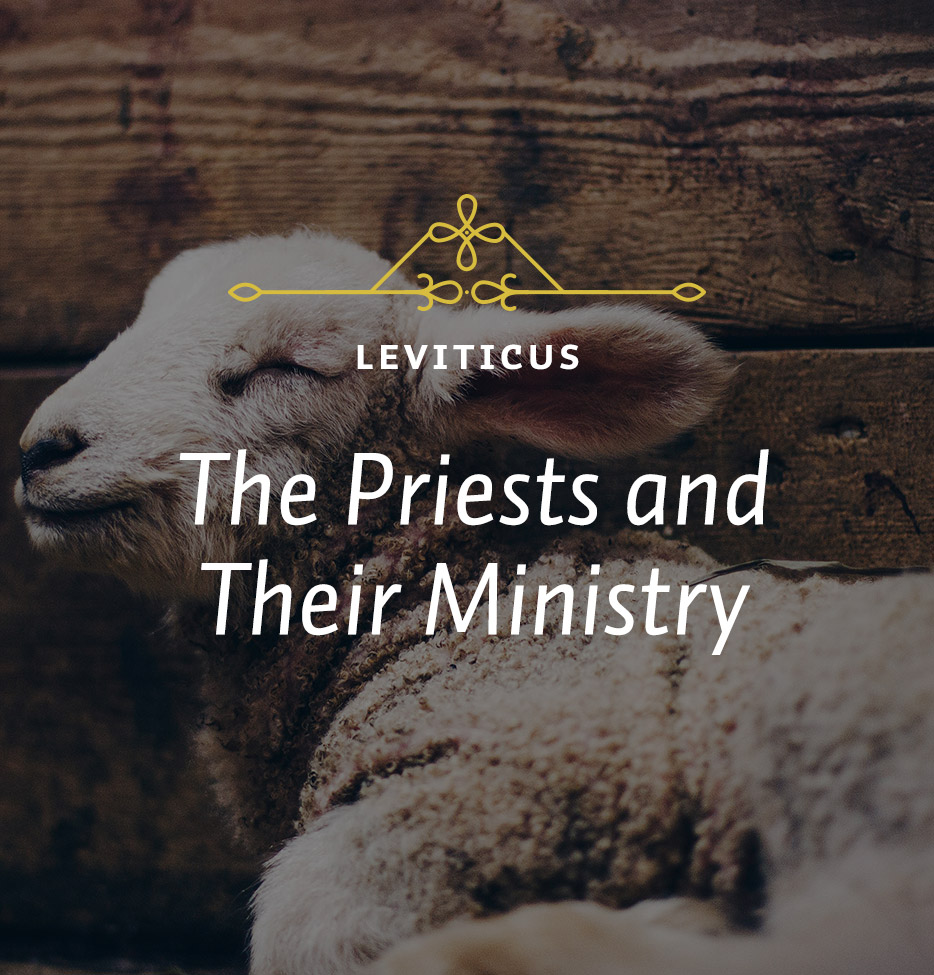Yesterday we said that Israel’s worship was dignified and formal, orderly, serious, and lengthy.
Isn’t this a rebuke to us if you compare those characteristics to what passes for so much Christian worship today, especially in evangelical churches? Is our worship dignified? How much goes on in our services that is not dignified at all? Is it orderly, or would “chaotic” sometimes better describe what happens in many churches? Is it serious, or are preachers trying to be funny, to make people feel good so that they come back? Does it take time? Nobody wants to take time. Services are getting shorter and shorter. Sermons are getting shorter and shorter. Prayers are getting shorter and shorter. In fact, sometimes there are no public prayers at all. Some people even want to squeeze in the service on Friday or Saturday night so they don’t have to go to church on the Lord’s Day, and instead play golf, sleep in, or do whatever else they think is more important or more pleasurable.
What a difference it would make if we really hungered after God, if we were really in awe of God, if the holiness of God really meant something to us. We would begin preparing for worship on Saturday night, praying for God to bless the Lord’s Day and to prepare our heart and mind to receive what He had for us when we come to church the next morning. We would come early, not dashing in at the last minute. We would be there ahead of time, thinking about what was happening, and praying for those who are taking part. If we knew in advance the sermon text that would be exposited, we would read and think about it ahead of time. When we sing, we would sing knowledgeably, not anxious to get through the verses quickly and move onto something else. We would be thinking about what the hymn or song has to say about God. When we are led in prayer we would pray along with those who are praying, letting their prayer be our prayer, echoing in our hearts what’s being said by the one who leads the congregation. And then when the service is over, we go out with a certain degree of solemnity. I don’t mean that we can’t talk to one another and enjoy one another’s company. But we go out realizing that we are the people of God, and we have been with God and we are being sent out into the world to represent Him and to serve Him and to tell others about Him. What a difference that would make if Christian people really did that in their worship.
The end of chapter 9 is probably the highest peak to be found in the entire book of Leviticus. The priests have been consecrated and ordained. They have offered the sacrifices during the first formal worship service of the people. God has come down upon the tabernacle to bless it in the visible presence of the shekinah glory. Yet, when you come to chapter 10 there is an enormous change. Suddenly we are in a different world, because instead of blessing, what you find is death.
What’s the difference? In the previous section, everything was done exactly as the Lord commanded (see Leviticus 8:4), and the result is God’s blessing. Here, in verse 1 of chapter 10, Nadab and Abihu offer what is called “unauthorized fire” before the Lord. It was contrary to His command, and the result is God’s breaking out in sudden judgment on them.
The account is brief, and I suppose that reflects something of the pain that everybody must have experienced when it happened. It was a glorious day with the first formal worship of the people. They have been doing everything right, as far as they knew. God had blessed them. Now, suddenly, this tragedy strikes Aaron’s family as two sons of his are killed.
What is it that they did that was so serious? What does it mean that they “offered unauthorized fire before the Lord”? We’re not told what this actually was, and whenever anything is not explained in detail the commentaries have all kinds of possible suggestions. Let me give you five suggestions people have offered. One idea is that coals to be placed in the censers were to be taken from the great altar of burnt sacrifices, which the Lord Himself had set on fire. But there is no indication that this had been done. Another idea is that no one other than the high priest was told to put incense on a censor of coals and offer it to God, and yet Nadab and Abihu were not the high priests. A third suggestion is that there is no record of Nadab and Abihu having consulted with either Moses or Aaron prior to this act, which may indicate that they intruded upon an office that wasn’t theirs. Still another explanation is that the incense may not have been properly prepared. The Lord had given great detail as to how that was to be done. Fifth, Nadab and Abihu may have used their own censors rather than the ones specifically consecrated for this function.
When I read the text mentioning “unauthorized fire,” I suspect that the first idea is the answer: Nadab and Abihu didn’t take the fire from the altar which had been kindled by God and were judged for it by death. We may think that it was such a little thing for such a great punishment. However, this reminds us that with God there is nothing little. God is holy, and His commandments must be obeyed.






